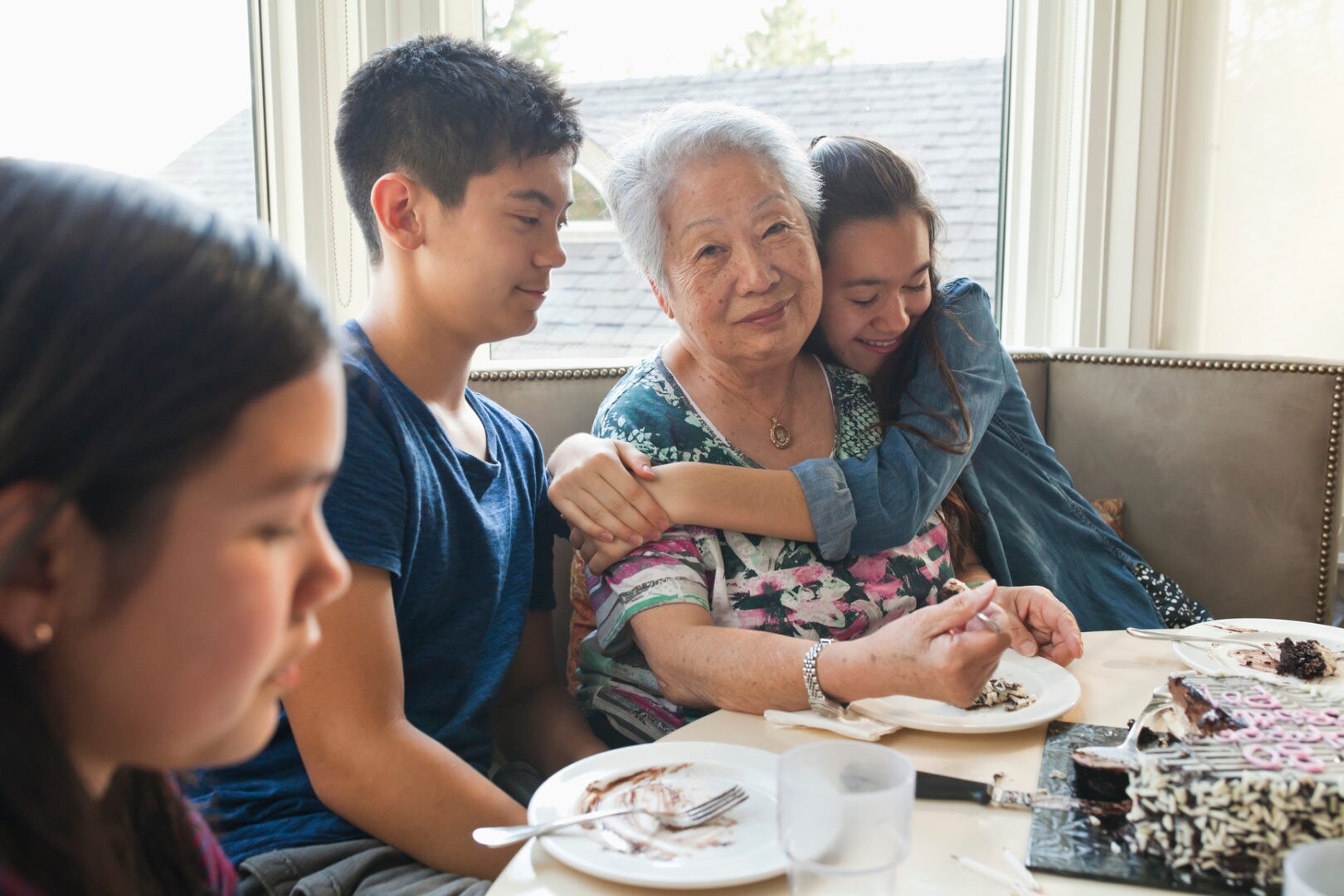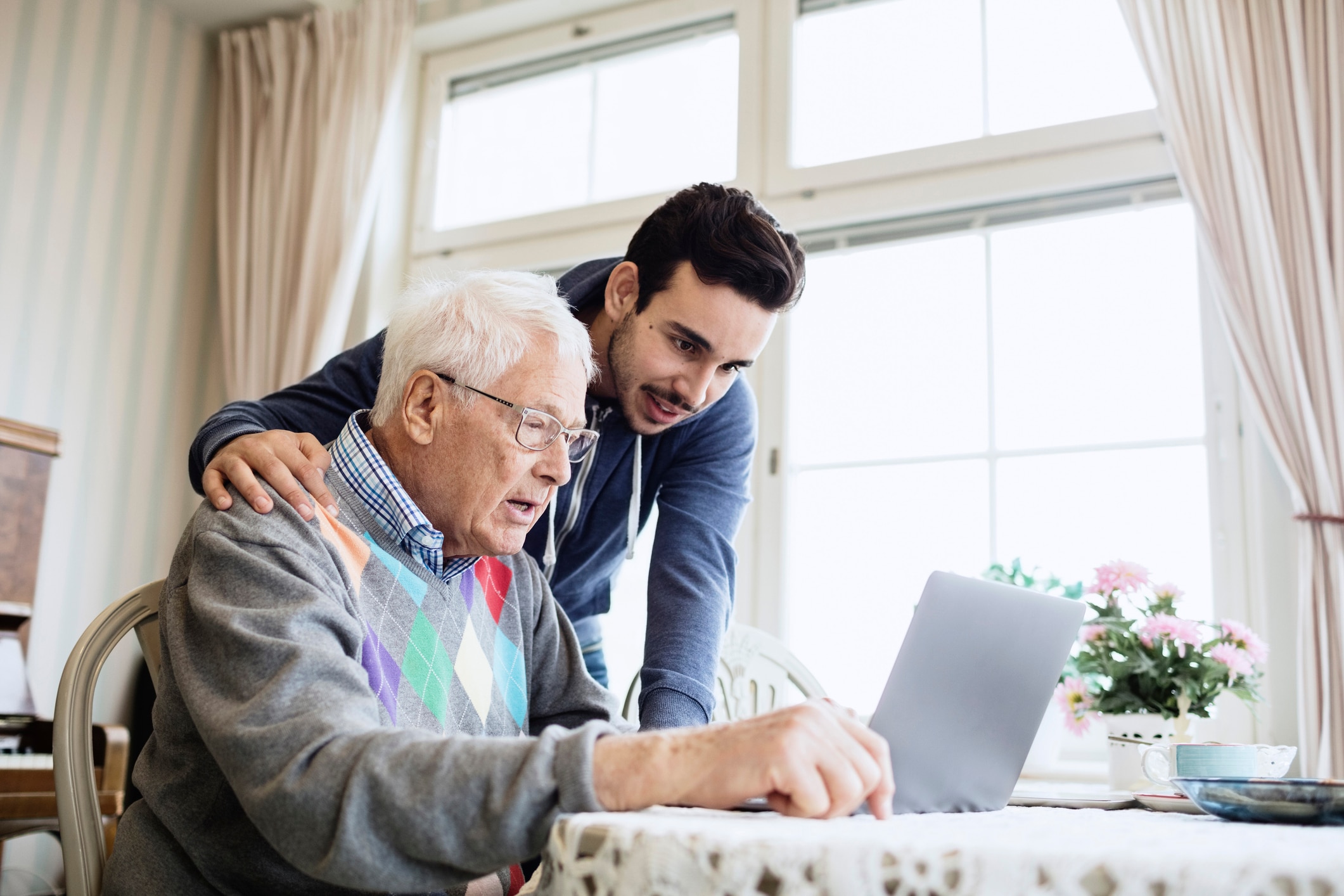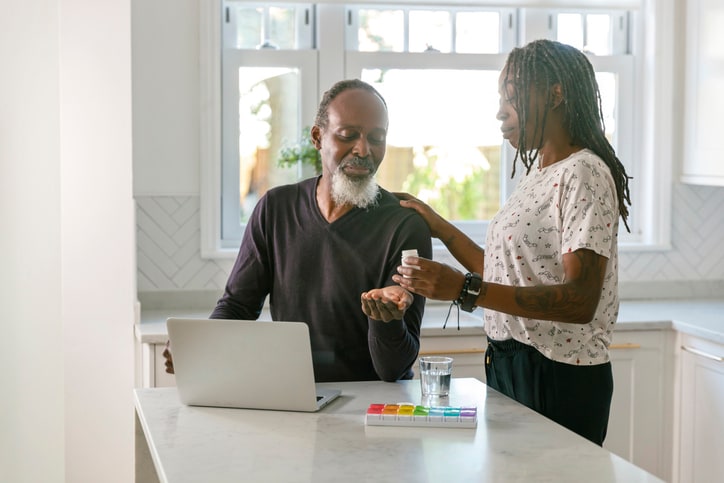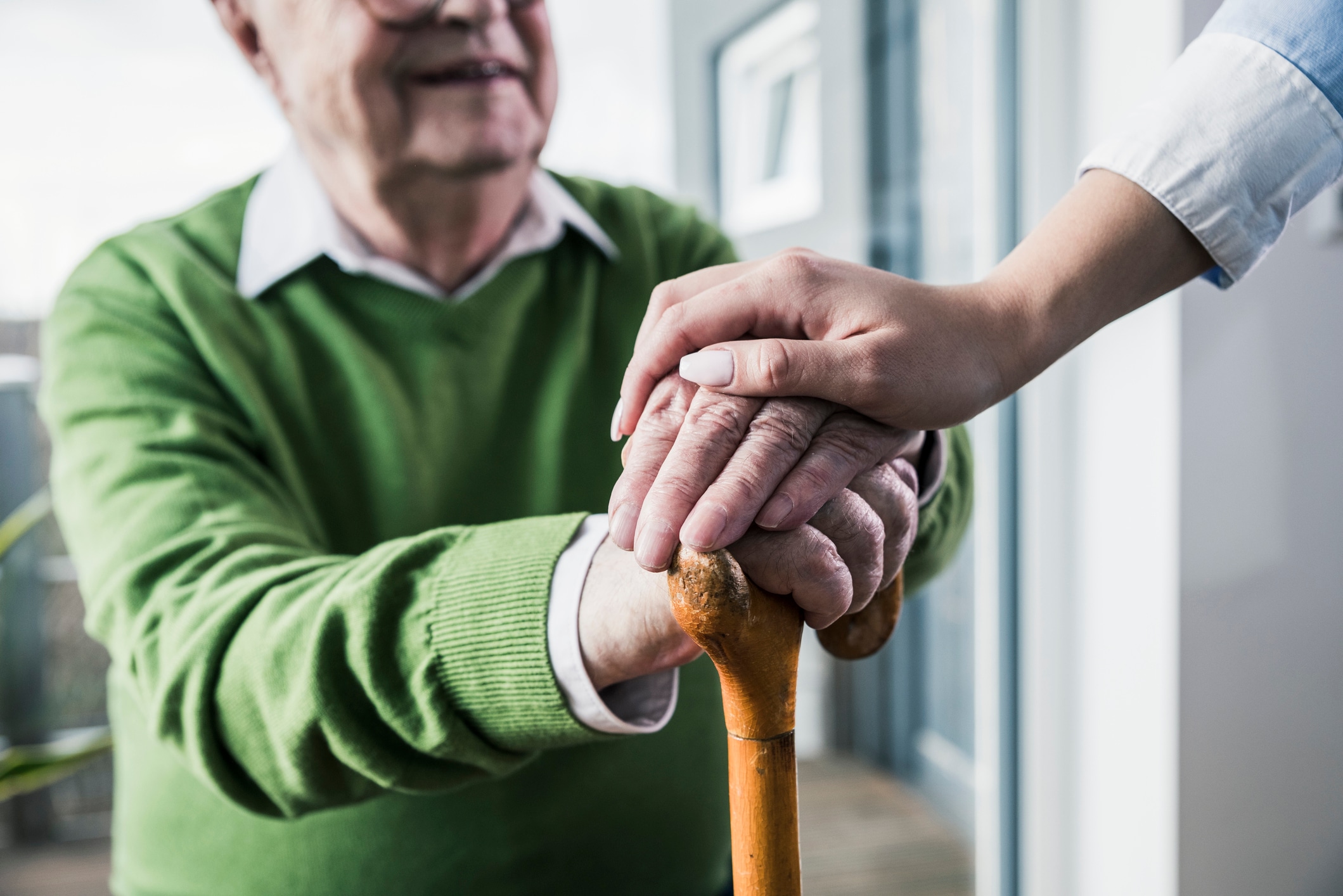In her new book, “Now With You, Now Without,” actor and author Kathryn Leigh Scott writes about the isolation she experienced in the aftermath of her husband’s death, when the initial shock of his passing gave way to a period of intense grief and loneliness.
“After he’d been diagnosed with a progressive neurological disease, I’d become my husband’s primary caregiver, putting many of my own activities and career demands on hold to be with him,” Scott said. “Once I was no longer spending most of my day caring for him, I felt empty-handed, at a loss to fill time once devoted to nursing him.”
Scott’s experience is not unique. Caring for a sick senior partner takes a lot of time and can be physically and emotionally draining. Many caretakers find themselves unsure of how to fill their days once they’re no longer needed by their ailing spouse. Here are four ways to remain engaged with the world around you and start the process of recovery after the loss of a senior partner.
1. Rely on Family and Friends for Support
Scott said her friends and family were supportive, and she found comfort in her faith, but resuming life in a world without the love and companionship of her husband was lonely and difficult.
Dina Zempsky is the senior program officer for supportive services at DOROT, a nonprofit serving New York City and Westchester County, whose mission is to alleviate social isolation among older adults. She said that losing a longtime spouse is incredibly difficult, and it should be expected for people to process this loss in varying ways.
“While responses to bereavement may differ, they are all normative,” she said. “It is incredibly important that family and friends of a grieving senior meet that senior where they are, rather than where they are expected to be, and offer continuous support as the senior moves through the grief.”
Social connectedness is important while processing and overcoming grief.
2. Attend a Local Grief Group
At the urging of a friend, Scott attended a grief group and found relief in sharing her feelings with others who were dealing with similar grief over the loss of a spouse. Scott learned she wasn’t alone in neglecting her own health and well-being while caring for a loved one or in facing the awkward transition from “couplehood” to single life.
When a senior feels ready to re-enter or connect with a larger community, many local organizations offer programs that work to stave off isolation and increase social engagement, helping seniors through their grief by ensuring they are not alone.
>> READ: How to Find a Caregiver Support Group
3. Implement a New Routine
Through the grief group, Scott found she wasn’t the only one who hated eating alone, and she said she realized she was just a step away from eating microwaved meals from a plastic plate over the kitchen sink.
It was at that point that she instituted a new routine: Go for a long walk in the late afternoon, and then head to one of the neighborhood restaurants she and her husband had once enjoyed for their happy hour menus. For Scott, it was a positive start to relieving the terrible isolation she’d felt in those early days of grief.
4. Frequently Discuss Family Memories, Review Old Photos
Victoria Harrison, director of the Center for the Study of Natural Systems in Houston, said family and friends can be helpful to the surviving senior spouse by maintaining regular contact. By being available to talk about history, listen to memories, or pore over photographs, loved ones may help reduce a senior’s loneliness and sadness.
Learning how to avoid isolation begins before one’s spouse dies, Harrison said. She explained that no matter who in the relationship becomes a full-time caregiver, both partners can become isolated from family and friends, and that isolation can turn into a health hazard.





